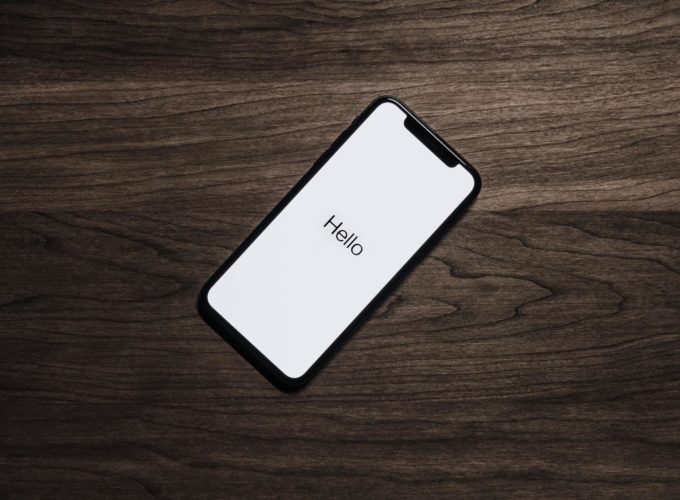
Victory Processing v. Fox: Montana Ban on Political Robocalls Violates First Amendment
By Stacy Livingston - Edited by Jae Hyun Kim
Victory Processing, LLC. v. Fox, 937 F.3d 1218 (9th Cir. 2019).
The Ninth Circuit struck down a Montana law prohibiting political robocalls, finding that it violated the First Amendment. While Montana Attorney General Tim Fox argued that the robocall ban protected Montana citizens’ privacy rights, the court found that prohibiting the calls based on their content was unconstitutional.
Victory Processing originally brought suit in Montana District Court, Helena Division, under 42 U.S.C. § 1983, alleging that the Montana statute “limited its ability to communicate with Montana voters and chilled its speech.” The district court granted summary judgment to Attorney General Fox, upholding the ban.
In its opinion dismissing the suit, the district court held that the ban served a compelling state interest in protecting citizens’ privacy rights. The district court also held that the ban, though “content-based,” was narrowly tailored enough to survive strict scrutiny.
During Victory Processing’s appeal to the Ninth Circuit, the court recognized Montana’s compelling privacy interest. However, the court ultimately found that the content-based ban was not narrowly tailored enough to survive strict scrutiny because it was both underinclusive and overinclusive.
The ban prohibited robocalls in five categories—including political calls “promoting a political campaign or any use related to a political campaign”—unless a live operator obtained consent from the called party prior to delivery of the message. The other banned categories were calls offering goods or services for sale, soliciting purchases, soliciting information, and gathering data or statistics. Mont. Code Ann. § 45-8-216.
The court found the ban to be underinclusive because it only specified five categories of robocalls, “leav[ing] consumers open to . . . robocalls on other topics.” Calls by apolitical nonprofit organizations, for example, were not banned. The court also found the law to be overinclusive because it barred types of robocalls, such as political robocalls, that had not been proven to “pose a greater threat to privacy that justifie[d] singling them out.”
“Regulating robocalls based on the content of their messaging presents a more severe threat to First Amendment freedoms than regulating their time, place, and manner,” wrote Judge Richard Paez in the unanimous decision. Judge Paez also noted that the law stood to disadvantage political candidates with fewer resources.
The Ninth Circuit’s reasoning follows in the footsteps of Cahaly v. LaRosa, 796 F.3d 399 (4th Cir. 2015), in which the Fourth Circuit overturned a similar South Carolina law prohibiting political robocalls. As here, the court in Cahaly held that the statute was content-based and therefore subject to strict scrutiny, and that it was both overinclusive and underinclusive.
Victory Processing and Cahaly are part of a larger debate around robocall bans, including those instituted by the Federal Telephone Consumer Protection Act (“TCPA”), 47 U.S.C. § 227. Enacted in 1991, the TCPA regulates automated and pre-recorded calls, allowing exceptions for emergency purposes or calls made with the party’s express consent.
In recent years, the TCPA has been both amended and challenged, including in the D.C. Circuit in ACA International v. FCC, 885 F.3d 687 (D.C. Cir. 2018) and in the Ninth Circuit in Duguid v. Facebook, 926 F.3d 1146 (9th Cir. 2019). In Duguid, the Ninth Circuit struck down an amended clause allowing for automated calls made without prior consent to collect “debt owed to or guaranteed by the United States.”
Perkins Coie partner Debra Bernard observed that “[t]his trend of determining whether the TCPA and similar state statutes are content-based restrictions” could continue with pending cases and urged “careful[ ] scrutin[y].” Meanwhile, Eric Troutman, writing for the National Law Review, suggests that the TCPA may be headed to the Supreme Court.
Stacy Livingston is a 1L student at Harvard Law School.